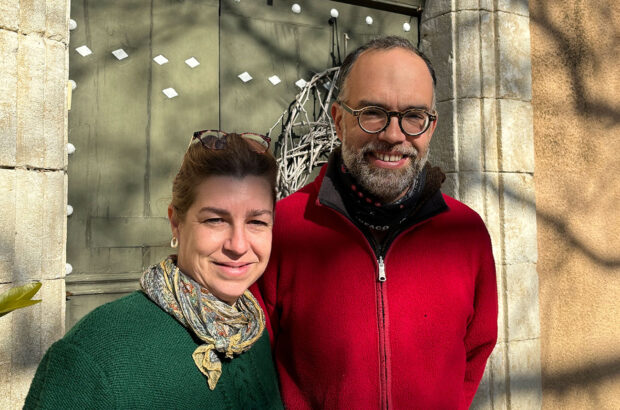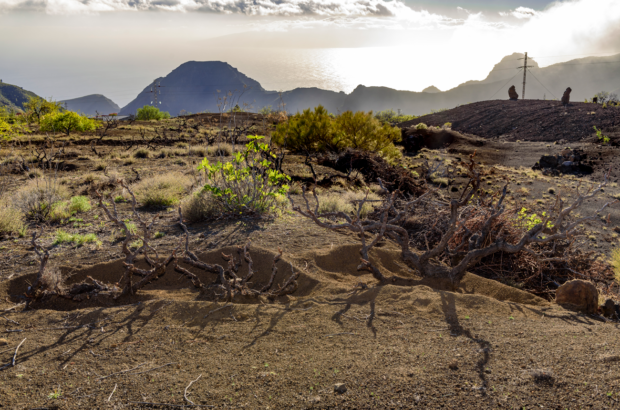As the cork harvest begins in the Montado forest in the Alentejo region of central Portugal, the cork industry is emerging from a decade of crises with a battery of research measures designed to meet the challenges of alternative closures.
The inexorable rise of screwcaps and synthetic stoppers over the last ten years has been followed the global banking crisis and, in Portugal, the collapse of the economy.
Several medium-sized cork companies have gone bankrupt, and the industry has seen a good deal of consolidation.
‘Over five dozen cork companies have been acquired, or have closed in the last few years,’ Carlos de Jesus at the Portugese Cork Association (Apcor), said.
‘Amongst the latter, the largest company to fold was Vinocor, with medium-size cork companies such as FOC and ACT also going through bankruptcy processes.’
Amorim, the country’s largest cork producer, insists it had its best year in 2010, while Ana Cristina Mesquita, R&D manager at Cork Supply Portugal, said although there had been bankruptcies, ‘we are growing 20-25%. It is a traditional industry but we can innovate in so many ways.’
The Portugese cork industry ‘increased exports in 2010 by 8% and in the first quarter of 2011 by 7%,’ de Jesus added, attributing this growth to major investment in research and development.
Part of this process, Amorim says, is a stated goal of ‘100% testing’ – that is, screening each cork for TCA (the compound that produces ‘corked’ or musty flavours in wine).
Amorim has developed a machine which they are calling the GC TCA Detector, capable of analysing individual corks for TCA. It is being trialled from September to December this year and – the results of the trials being positive –25 of the machines will be rolled out across all its manufacturing plants.
Other research involves investigating the production of ‘technical corks’ – those made of ground and reconstituted natural cork granules – at different price points, and examining if and why corks have advantages over alternative closures in terms of permeability.
De Jesus says that the modern cork industry is facing unprecedented challenges and is convinced that the way forward is to convince winemakers that cork is dependable.
‘We will never go back to the cosy days of the 1980s,’ says de Jesus. ‘But it’s not a pink plastic stopper that keeps me awake at night – what the cork industry needs is the highest average consistency.’
Written by Laura Ivill







